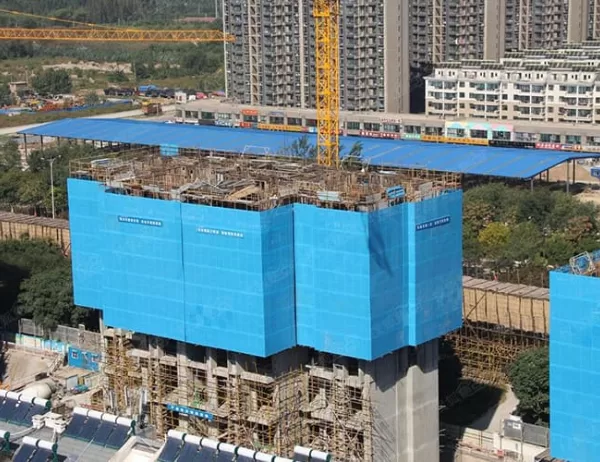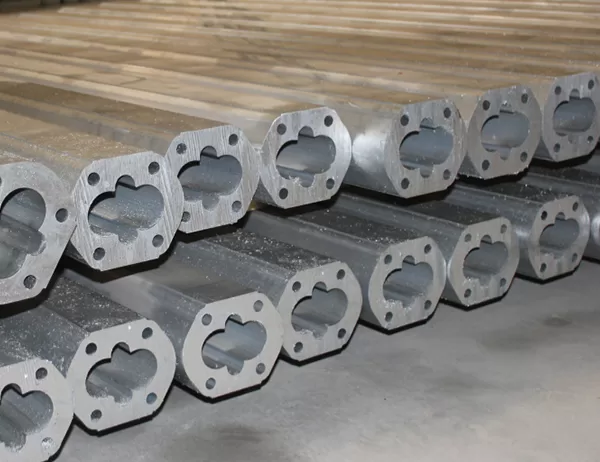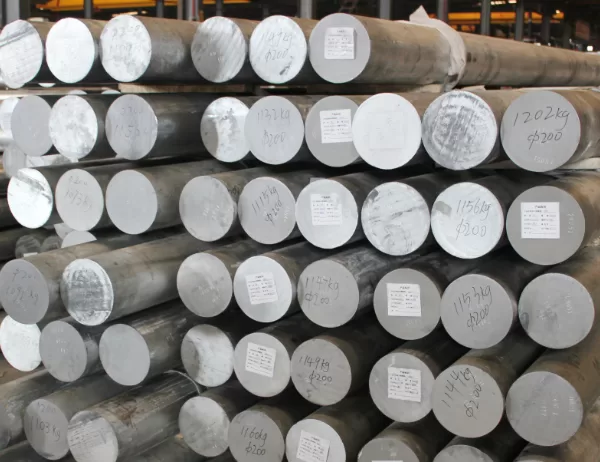When it comes to manufacturing heat sinks, aluminum is a popular and cost-effective material that offers many advantages over other materials. It is a great resource because it is far less expensive than copper yet just as effective. In this article, we will explore the benefits of using aluminum for the manufacture of heat sinks and what to consider when choosing the right aluminum heat sink for your application.
Benefits of Using Aluminum for Heat Sinks
Aluminum is a lightweight and strong metal that is ideal for heat sinks due to its high thermal conductivity. It is also a highly abundant material and can be recycled without losing any of its properties. This makes it a popular choice for cost-effective heat sinks.
When it comes to heat sinks, the most common alloys used are 6061 and 6063 aluminum. These alloys provide a high level of strength and resistance to corrosion, making them ideal for a range of applications.
Custom Extrusion Design for Heat Sinks
Custom extrusion design is an excellent solution for the development of both low and high volume extruded aluminum heatsinks. Engineers and designers can work with a team of experts to create a solution that will meet or exceed expectations. The ability to create aluminum heat sinks with different shapes and styles is one of the biggest advantages of using extrusion design.
Choosing the Right Aluminum Heat Sink for Your Application
When choosing an aluminum heat sink for your application, there are several factors to consider. The first is the specific needs of your project. Designers must be able to identify the specific needs of each product to provide a solution that will offer the best results.
Another important factor to consider is the size and shape of the heat sink. Larger heat sinks tend to dissipate heat more rapidly, making them ideal for larger projects. The base and shape of the heat sink can also impact its effectiveness.
Finally, it is important to select the best alloy for your project. The primary alloys used in the design and production of aluminum heatsinks are typically 6061 and 6063 aluminum. Aluminum alloys provide a high level of strength and resistance to corrosion, making them ideal for a range of applications.
Conclusion
Aluminum is a popular and cost-effective material for the manufacture of heat sinks due to its high thermal conductivity and abundance. Custom extrusion design is an excellent solution for the development of both low and high volume extruded aluminum heatsinks, and choosing the right alloy is crucial for ensuring the best results. When selecting an aluminum heat sink for your application, it is important to consider the specific needs of your project, size and shape, and the best alloy for the job. With the right choice, you can enjoy the benefits of using aluminum for your heat sinks.




